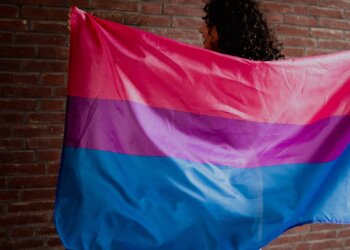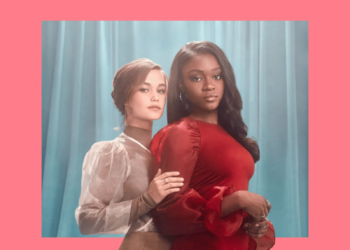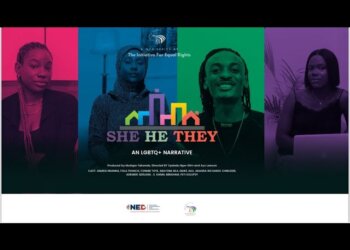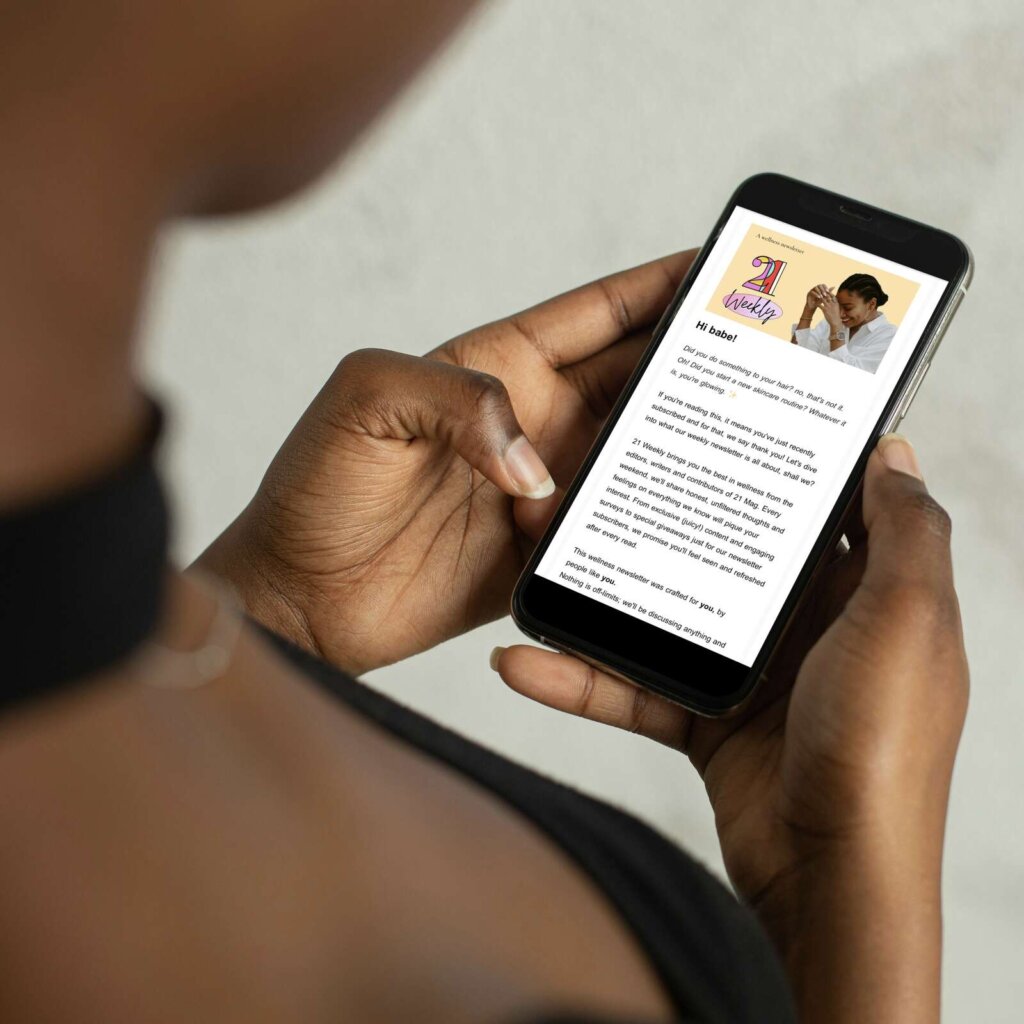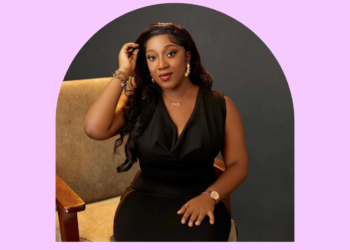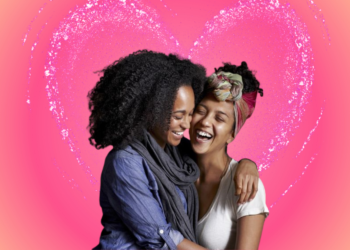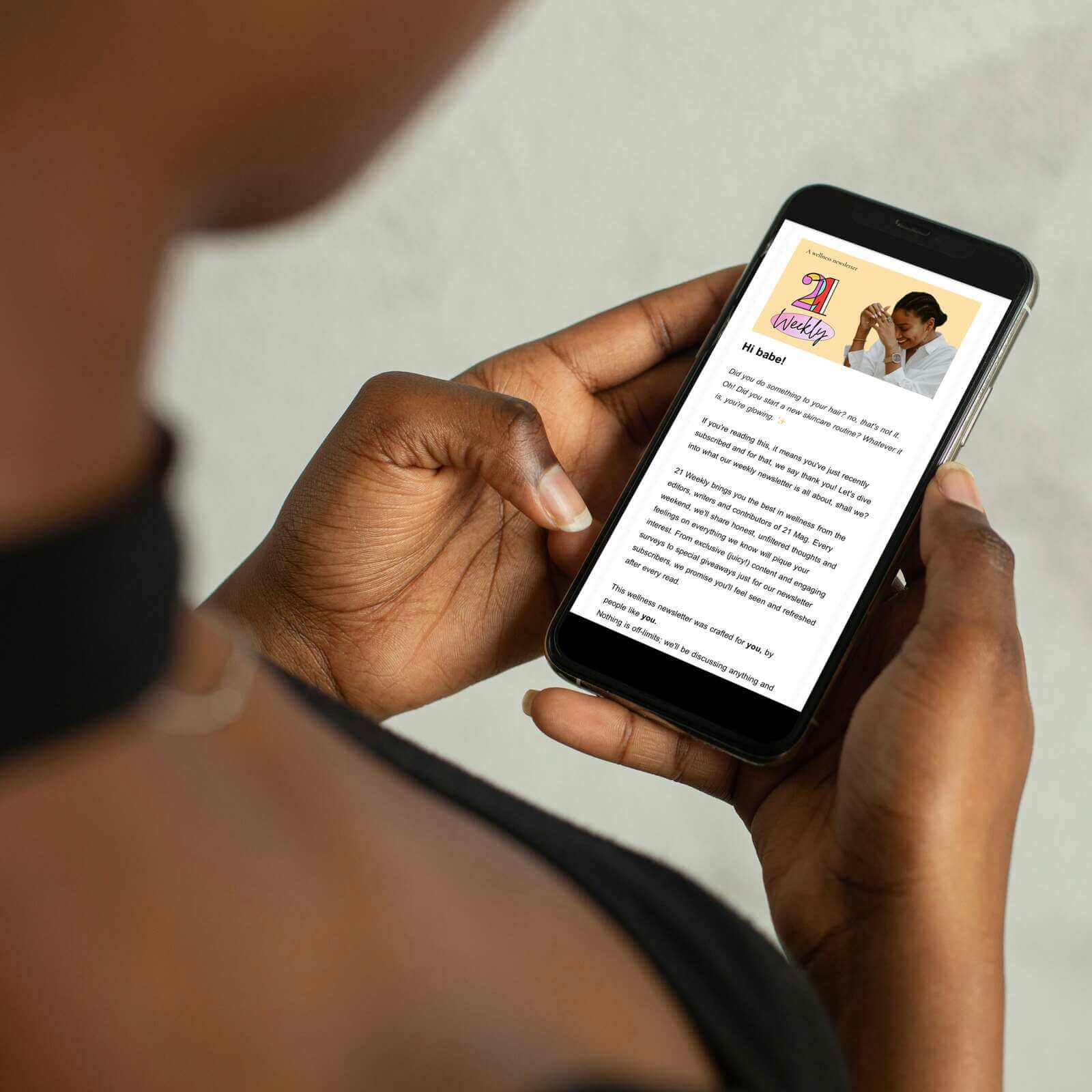No products in the cart.
5 Nigerian Women Share their Coming Out Stories
For queer people, especially on this continent, “coming out” is a huge step. If you live in a conservative country, chances are, most people around you are homophobic. Deciding to share that part of your identity with people can be hard, but where they are loving and supportive, it can also be easy and improve your quality of life.
For Pride Month, we asked women to share their coming-out stories. Their responses show how reactions can be mixed, but regardless, their identities remain unchanged even if those around them do not acknowledge it.
Timi, 22, is pansexual. She says she’s out to “the whole world (except my parents and extended family).”
They’ve been out for five years, and the people they’ve come out to were accepting. Her advice for anyone considering coming out is, “Take the step, don’t limit yourself.”
Cleo, 26, is pansexual, and they’re out to their brother, about ten friends and their Twitter circle.
“They made pansexual jokes and were very chill. It wasn’t a big deal. I might as well have told them I like breathing air. I’ve been out for 4 years, and I felt very relieved when I did it. Nothing has changed except the quality of pansexual jokes I have to put up with.”
Her advice is that anyone thinking about coming out should gauge the trust level and acceptance of the people around them and only come out to the ones they fully trust.
“It also helps to have some sort of independence or stability when you come out. It’s not everyone you need to come out to. It’s more important to be safe than brave, especially if you live in a homophobic country. Come out on your own terms, and know that regardless of whatever, you are worthy.”
22-year-old Joyce is a lesbian, and they’ve come out to their siblings and friends.
“Even the people that I thought were progressive had a negative reaction. I was like, “Ha, you people are homophobic o,” and they expected me to give them cookies for not being violent towards me even though they said it’s against their religion”.
They’ve been out for 4 years but first came out as bisexual and, more recently, as a lesbian. “Though people were a little receptive to me being bisexual, when I came out as a lesbian, they argued with me that I’m not a lesbian and I just need to wait for the right guy.”
“I know this sounds pathetic, but I have no negative feelings towards them. I took a “half bread is better than none” approach because I didn’t want to experience isolation and excommunication. If they express homophobia (which happens frequently), I check it immediately and explain. It’s a lot of work, but I’m not ready to be an island. That’s a fight that I don’t have the bandwidth for.”
They advise that anyone considering coming out should only do it when they’re ready.
“I don’t think I’ll ever be ready to tell my parents. If you are, then don’t let people who are scared tell you to stop. It’s your life and your truth.”
20-year-old Grace is grey-ace and lesbian, and she came out to her cousin.
“I told my cousin I was asexual, and she acted supportive, but then she told my sister, who confronted me about it. She went, “Were you sexually assaulted as a child? Why are you even thinking about sexual attraction when you’re not married yet?” She then told my aunt, who slapped me and told my mother, who told me never to talk about it again. She said the way to heaven is by getting married and pleasing your husband. “I do not want to hear anything about this LGBT thing,” she said.”
“This happened when I was 18, so about two, three years ago. Although I wouldn’t say I’m “out” since I was pushed back into the closet. I was angry for a long time, but now, I’m just numb. I can’t change the way I am, but if being myself will put me in danger, I have no problem pretending to be “normal.”
Tayo, 22, is bisexual, and she’s out to all her close friends, many of her Twitter mutuals and some of her cousins.
“I never really came out. At most, I asked some friends, “You know I like girls, right?” They either already knew, or they weren’t very surprised, or they simply weren’t homophobic, so it wasn’t a big deal. Except maybe one, they all took it in stride. One of my cousins inferred it from my Twitter and then randomly asked me about it one day. I was very nervous because he was older, and I didn’t know where the conversation was going, but I said yes. He was very supportive, made jokes and said he figured it out from my pictures.”
She says it wasn’t as hard because the people close to her are, at least, relatively progressive.
“The thought of coming out to my parents and siblings scares me to death, so I just don’t think about it. If you want to come out, especially to family, I think stability should be a priority so that if it goes badly, you won’t be entirely dependent on them. If you decide to come out, then you’re very brave, and you’re doing a great thing. I hope you have a community to support you through it.”
In these diverse stories, we find various experiences reflecting humanity’s capacity for resilience and authenticity. While some have found acceptance and support, others have encountered resistance and challenges. Yet, in every story, there’s an unwavering determination to be true to oneself. These narratives remind us that the path to self-discovery is deeply personal and that the journey towards acceptance is always ongoing. Their tales stress the importance of creating progressive, accepting spaces where individuals can thrive, celebrating their authentic selves.


